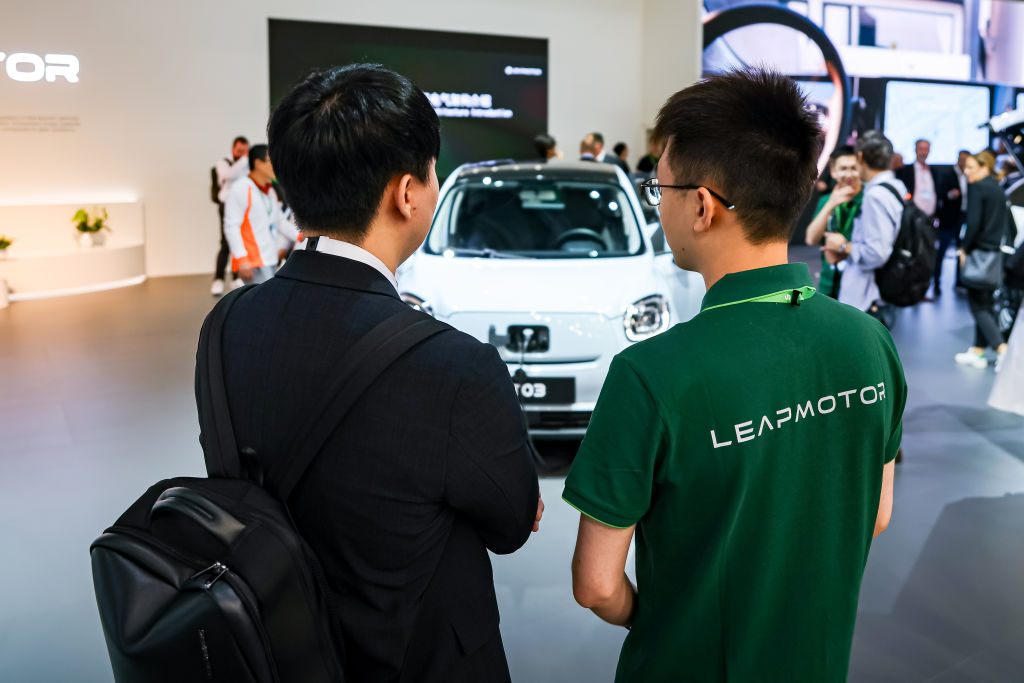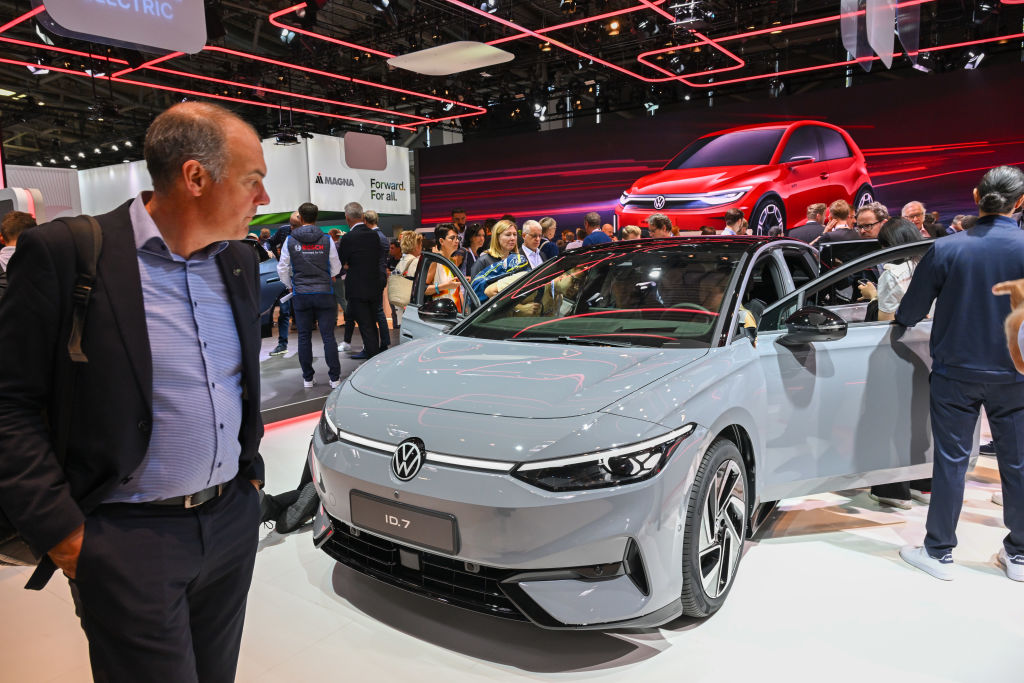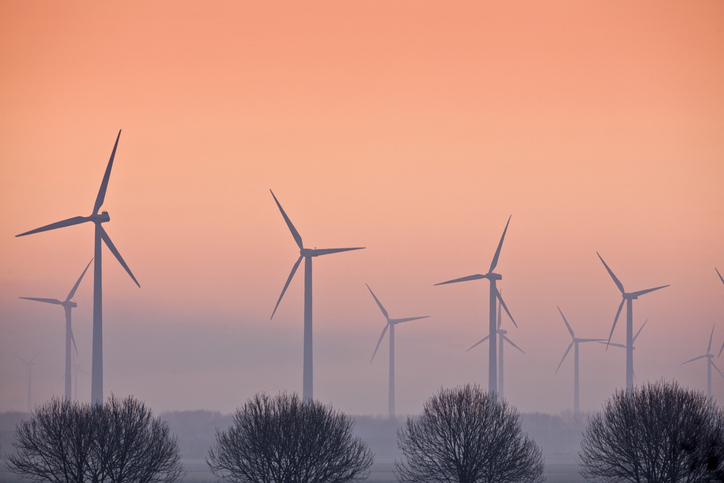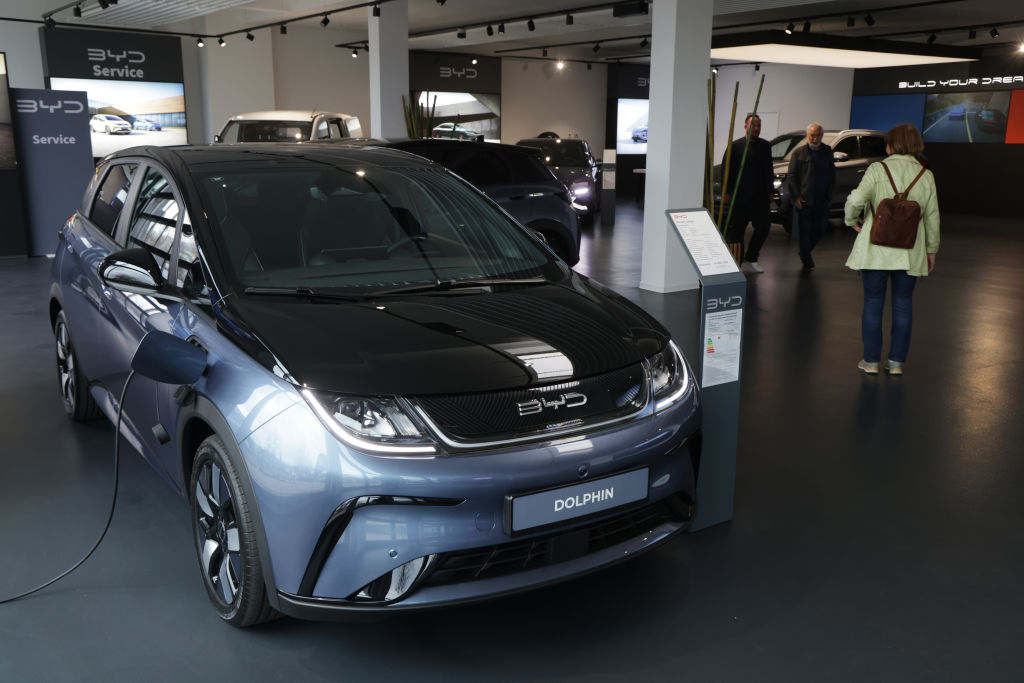Officials in Beijing have expressed their displeasure after the European Union imposed new tariffs on imported Chinese biodiesel.
Brussels announced it will impose import taxes ranging from 12.8 per cent to 36.4 per cent on a provisional basis within the next four weeks from July 25 over concerns the Chinese are undermining local producers by flooding the European market with cheap imports.
The Chinese Government has derided such concerns, warning the EU to avoid engaging in what it called unfair protectionism.
“China is highly concerned about the EU’s protectionist actions in the biodiesel industry,” Beijing’s Ministry of Commerce spokeswoman He Yongqian said in a statement on July 25.
She went on to add that the tariffs could prove self-destructive, saying that limiting biodiesel imports from China could harm Brussels much-vaunted “green” transition.
“The EU is the world’s largest consumer of biodiesel. It imports biodiesel from China to meet the huge consumer demand of the EU market and accelerate the realization of its own green transformation and energy conservation and emission reduction goals,” the spokeswoman said.
“China has repeatedly stressed that the EU’s tax measures will only raise the cost of related products, damage the interests of related EU industries and consumers, and undermine the EU’s green transformation process and the overall situation of China-EU economic and trade co-operation.
“China has always advocated the reasonable and prudent use of trade remedy measures, and urged the EU not to rashly take trade protectionist measures and to resolve mutual concerns with China through dialogue and consultation,” she concluded.
The tariffs came amid concerns that China could be using its export market to weaken rival European producers, with Brussels accusing the Communist State of unfairly subsidising its industries in a way that renders rival European businesses unprofitable by comparison.
Alongside such accusations, some have suggested that Chinese biodiesel being imported into Europe could be fake.
One report from 2023 indicated that much of the fuel imported could be normal crop-derived diesel imported under the green biodiesel label so that it could benefit from additional EU green incentives.
The deal offered the EU a crucial ingredient for producing electric batteries, an essential building block for the continent’s green transition, and also had the potential to reduce the EU’s dependence on batteries from China.https://t.co/9YvfzpoMUe
— Brussels Signal (@brusselssignal) July 22, 2024





